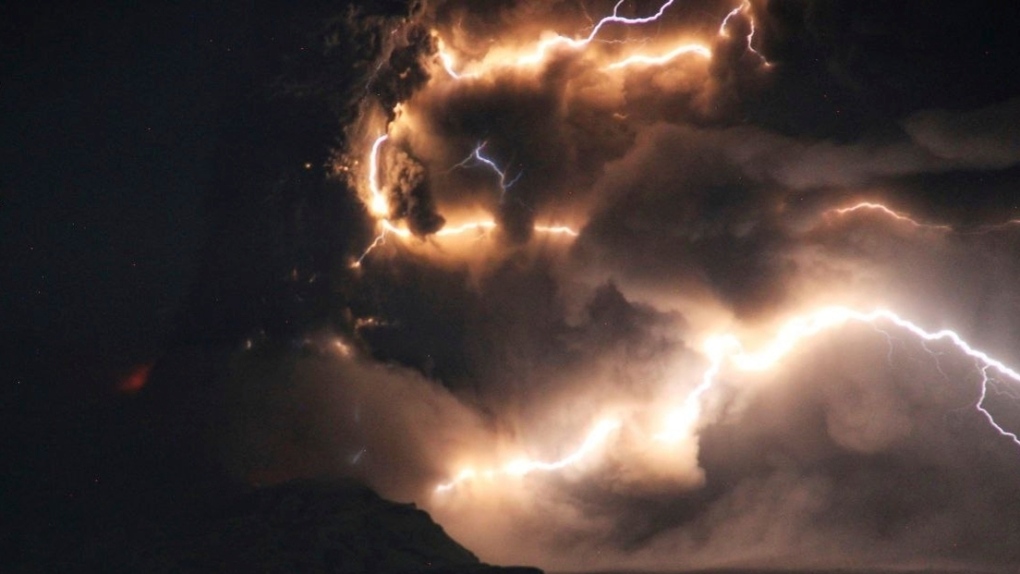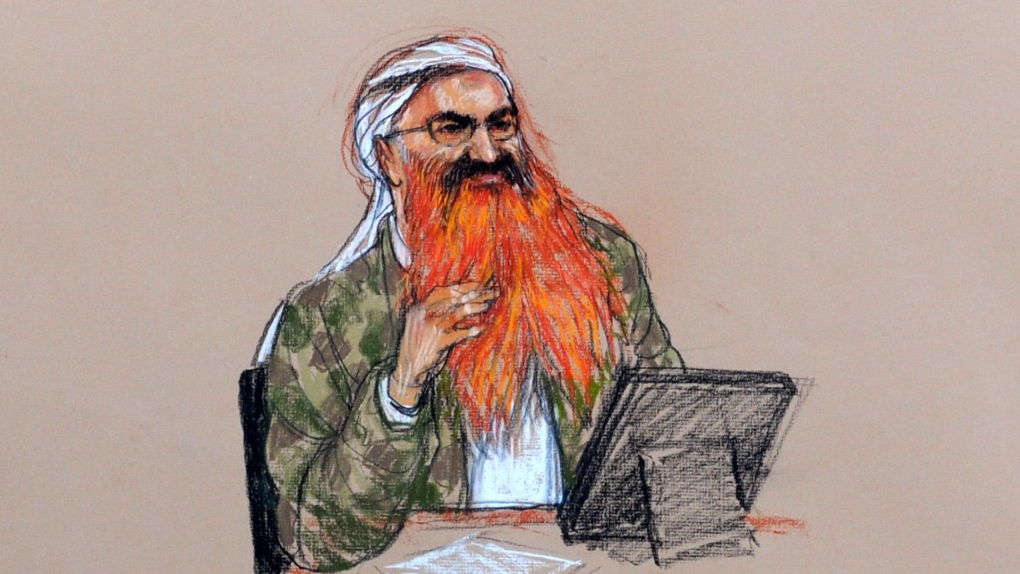DEIR AL-BALAH, Gaza Strip - Recent Israeli shelling and airstrikes in the southern Gaza city of Rafah have resulted in a tragic loss of life, with at least 37 people killed, most of whom were seeking shelter in tents. The strikes targeted the same area where a deadly fire broke out in a camp for displaced Palestinians just days before, causing widespread international condemnation and concern. The Israeli military has suggested that the fire in the tent camp may have been the result of secondary explosions from Palestinian militants' weapons.
However, the exact cause of the fire is still under investigation. The camp inferno claimed the lives of 45 Palestinians, according to Gaza health officials. As a result of the Israeli assault on Rafah, more than one million people have been forced to flee the city, with many of them already displaced multiple times due to the prolonged conflict between Israel and Hamas. Families are now scattered across makeshift tent camps and other war-torn areas, facing immense challenges and difficulties. The recent strikes have primarily targeted areas west of Rafah, where civilians had not been ordered to evacuate. Despite this, Israeli ground troops and tanks have been operating in various parts of the city, causing further devastation and loss of life. Late Monday and into Tuesday, shelling in Rafah's western Tel al-Sultan district resulted in the deaths of at least 16 people, with seven of them perishing in tents near a UN facility. The continuous attacks have created a nightmarish atmosphere for residents, with the sound of explosions filling the air and fighter jets flying overhead. The relentless violence in Rafah has sparked a mass exodus of people from the affected areas, further exacerbating the humanitarian crisis in Gaza. Many families are seeking refuge in overcrowded areas like Muwasi and Khan Younis, facing dire circumstances and limited access to essential services. The ongoing offensive in Rafah has drawn criticism from the international community, with several countries, including Spain, Norway, and Ireland, formally recognizing a Palestinian state in response to the escalating violence. The United States and other allies have urged Israel to exercise restraint and avoid a full-fledged offensive in the city. Despite the mounting pressure and calls for de-escalation, Israeli Prime Minister Benjamin Netanyahu has vowed to continue the operation in Rafah, citing the need to dismantle Hamas and secure the release of hostages taken in a previous attack. The Israeli military's investigation into the tent camp fire has revealed conflicting reports about the cause, with officials stating that the munitions used were not capable of igniting such a large blaze. The situation in Rafah remains dire, with medical facilities struggling to cope with the influx of casualties and limited access to essential supplies and services. The ongoing conflict has taken a heavy toll on Gaza's healthcare system, with hospitals overwhelmed and medical staff facing immense challenges in providing adequate care to the wounded. As the violence and humanitarian crisis in Rafah continue to escalate, the need for immediate intervention and support from the international community has become more critical than ever. Efforts to deliver aid and assistance to the affected population must be expedited to prevent further loss of life and alleviate the suffering of innocent civilians caught in the crossfire. In conclusion, the ongoing conflict in Rafah exemplifies the devastating impact of war on civilian populations and underscores the urgent need for a peaceful resolution to the Israeli-Palestinian conflict. The international community must work together to bring an end to the violence and ensure the protection and well-being of all those affected by the conflict in Gaza.Israeli airstrikes in Gaza near Rafah kill 37 Palestinians, many in tents, as offensive continues to escalate.
 3 months ago
2380
3 months ago
2380
- Homepage
- World News
- Israeli airstrikes in Gaza near Rafah kill 37 Palestinians, many in tents, as offensive continues to escalate.
Related
Russia experiences volcanic eruption following 7.0 magnitude...
1 month ago
2057
China Metro Stations Buzz with Personalized Ads as Operators...
1 month ago
2014
Accused Mastermind of 9/11 Attacks, Khalid Sheikh Mohammed, ...
1 month ago
2300
Trending in United States of America
4. NASCAR
10. Nike stock
Popular
Nokia Reaches 5G Patent Agreement with Vivo After Lengthy Le...
7 months ago
26048
Apple's Upcoming Tablet Lineup: iPad Air to Introduce Two Si...
9 months ago
25976
Xiaomi's First Electric Car, the SU7 Sedan, Enters the EV Ma...
8 months ago
25364
The European Parliament's Bold Move to Combat Smartphone Add...
9 months ago
25312
Unveiling ChatGPT's New 'Memory' Feature Revolutionizing Use...
7 months ago
25212
© OriginSources 2024. All rights are reserved








 English (US)
English (US)